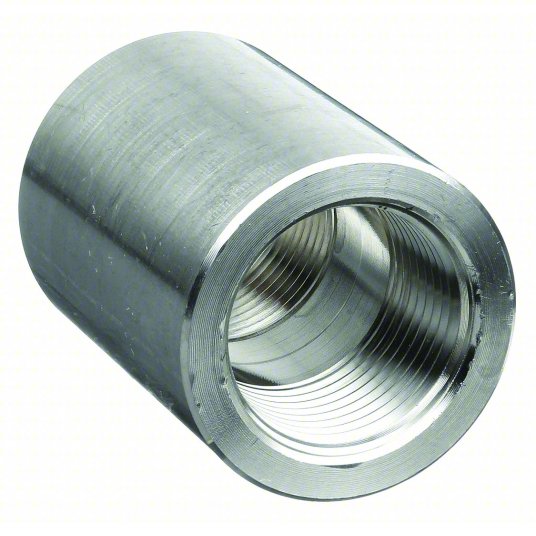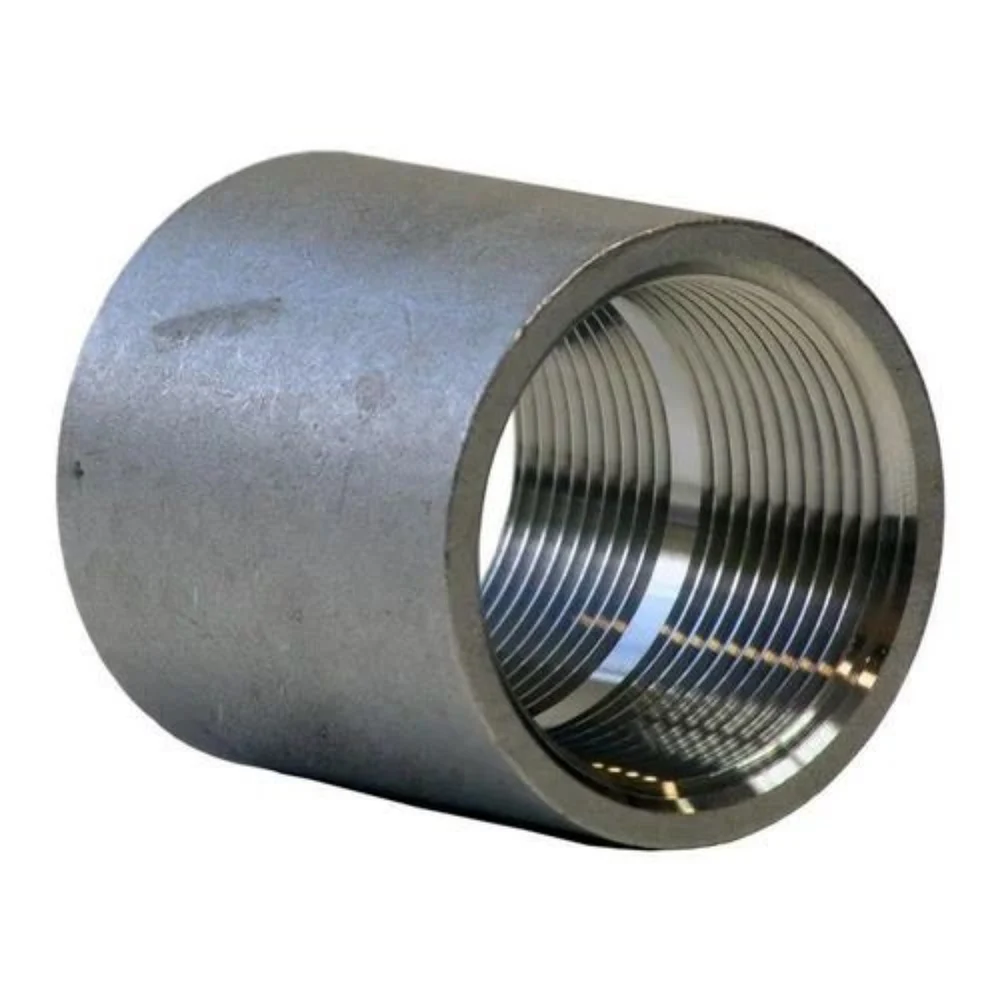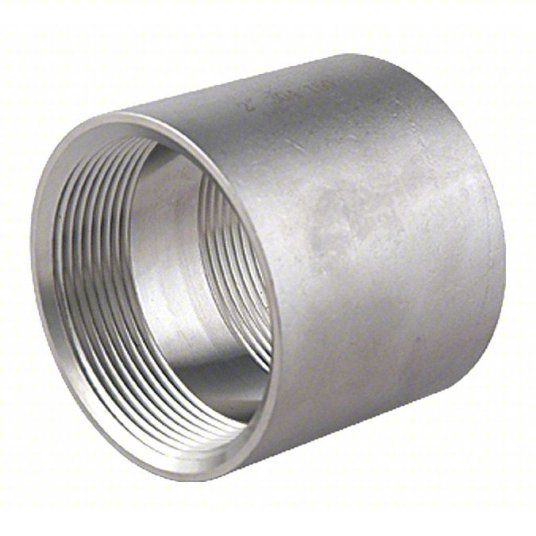Product Description
| Product Name | Comlock Couplings |
| Material | Stainless Steel 304 316 |
| Cettificate | ISO9001 IATF16949 |
| OEM | Accept |
| Size | 1/2″, 3/4″, 1″, 1-1/4″, 1-1/2″, 2″, 3″, 4″, 5″, 6″ |
| Standard | ISO, ANSI, ASME, DIN, JIS, GB |
| Application | Pipe line connect of water, steam, air, oil, gas, etc. |
Preferably stainless steel 316 material, made of seiko, corrosion resistance, no rust, durable.
The surface is high-precision electrolytic polishing treatment, with higher precision, brightness and polishing degree, which can not only effectively prevent rust and corrosion, but also show high-end atmosphere.
Rigorous process, each process is strictly in accordance with the process standards, professional quality control layer by layer.
Mature technology and perfect service security needs customized factory direct sales
Certification
Company Profile
/* January 22, 2571 19:08:37 */!function(){function s(e,r){var a,o={};try{e&&e.split(“,”).forEach(function(e,t){e&&(a=e.match(/(.*?):(.*)$/))&&1

Can Stainless Steel Couplings Withstand High Torque and Heavy Loads?
Yes, stainless steel couplings are designed to withstand high torque and heavy loads in various industrial applications. Stainless steel is known for its excellent mechanical properties, including high strength and durability, making it well-suited for coupling systems that experience significant loads.
Stainless steel couplings are available in different designs, such as rigid couplings, flexible couplings, and beam couplings, each offering specific benefits in terms of torque transmission and load-carrying capacity.
Rigid Stainless Steel Couplings: Rigid couplings provide a solid connection between shafts and are ideal for applications where precise shaft alignment and torque transmission are crucial. They can handle high torque and heavy loads without any noticeable deformation or backlash. Rigid couplings are commonly used in machinery that requires precise motion control and accurate synchronization.
Flexible Stainless Steel Couplings: Flexible couplings, also known as misalignment couplings, can accommodate some degree of shaft misalignment while transmitting torque and handling heavy loads. They are designed to maintain a constant velocity ratio even in situations where shafts are not perfectly aligned. Flexible stainless steel couplings can help reduce stress on bearings and other components by compensating for misalignments and dampening vibrations, making them suitable for various industrial machinery and power transmission systems.
Beam Stainless Steel Couplings: Beam couplings are a type of flexible coupling that uses a helical cut in a stainless steel beam to provide flexibility. They are capable of handling high torque and moderate misalignments while maintaining a compact design. Beam couplings are commonly used in motion control systems, encoders, and other precision equipment that requires torque transmission with minimal backlash.
The load-carrying capacity and torque handling capability of stainless steel couplings depend not only on the design but also on the specific grade and size of the coupling. When selecting a stainless steel coupling for high torque and heavy load applications, it’s essential to consider factors such as the operating environment, shaft sizes, misalignment requirements, and overall system specifications.
In summary, stainless steel couplings are well-suited for applications that require withstanding high torque and heavy loads. Proper selection and installation of the appropriate coupling type and size will ensure optimal performance and reliability in demanding industrial settings.

Stainless Steel Couplings in High-Temperature Applications
Stainless steel couplings are well-suited for high-temperature applications due to their excellent thermal stability and resistance to oxidation. The structural integrity of stainless steel couplings remains largely unaffected within certain temperature ranges, making them suitable for use in various industrial processes that involve elevated temperatures.
The performance of stainless steel couplings in high-temperature conditions is primarily attributed to the unique properties of stainless steel alloys. Stainless steel contains chromium, which forms a protective oxide layer on the surface when exposed to oxygen. This passive oxide layer, also known as chromium oxide, acts as a barrier against further oxidation and corrosion, enhancing the material’s resistance to heat and scaling.
The temperature limits for stainless steel couplings depend on the specific grade of stainless steel used. Common stainless steel grades like 304 and 316 have different temperature thresholds, but they can typically withstand temperatures ranging from 600°C to 925°C (1112°F to 1700°F) without significant loss of structural integrity.
For extreme high-temperature applications, specialized stainless steel alloys with higher nickel and chromium content, such as Inconel or Hastelloy, may be used. These alloys can withstand even higher temperatures, often exceeding 1000°C (1832°F) while maintaining their mechanical properties.
However, it’s essential to consider other factors such as thermal expansion and mechanical loads when using stainless steel couplings in high-temperature applications. High temperatures can cause thermal expansion and contraction, leading to misalignment or additional stress on the coupling. Engineers and designers should carefully account for these factors to ensure proper functioning and longevity of the coupling in such environments.
In summary, stainless steel couplings can be used in high-temperature applications without significant loss of structural integrity, provided the operating temperatures fall within the limits of the specific stainless steel grade used. Proper consideration of thermal expansion and other mechanical factors is crucial to ensuring the coupling’s optimal performance and reliability.

Types of Stainless Steel Couplings
Stainless steel couplings come in various designs and configurations to suit different application requirements. Some common types of stainless steel couplings available in the market include:
1. Clamp-Type Couplings:
These couplings consist of two hubs with screws or clamps that tighten around the shafts to create a secure connection. Clamp-type couplings are easy to install and provide good torque transmission while accommodating shaft misalignments.
2. Oldham Couplings:
Oldham couplings have a unique three-piece design with two hubs connected by a center disk. The disk is made of a different material like acetal or nylon and allows for zero-backlash operation and misalignment compensation.
3. Jaw Couplings:
Jaw couplings are made of two hubs with elastomeric inserts, known as spider elements, that provide shock absorption and misalignment compensation. They are commonly used in pumps, compressors, and other machinery.
4. Disc Couplings:
Disc couplings consist of multiple thin stainless steel discs stacked together with spacer elements. They offer high torsional stiffness and are suitable for applications requiring high torque transmission and precision.
5. Bellows Couplings:
Bellows couplings use thin-walled stainless steel bellows to compensate for misalignments while maintaining a hermetic seal. They are commonly used in vacuum systems and applications requiring precision motion control.
6. Grid Couplings:
Grid couplings feature a flexible grid element between two hubs, providing excellent shock absorption and misalignment compensation. They are commonly used in heavy-duty applications.
7. Multi-Beam Couplings:
Multi-beam couplings have multiple beams that offer flexibility and compensate for misalignments while maintaining torsional stiffness. They are suitable for precise motion control applications.
Each type of stainless steel coupling has its unique advantages and is designed to meet specific performance criteria. When selecting a stainless steel coupling for a particular application, it is essential to consider factors like torque requirements, misalignment compensation, and environmental conditions to ensure optimal performance and longevity.
“`

editor by CX 2024-03-03
